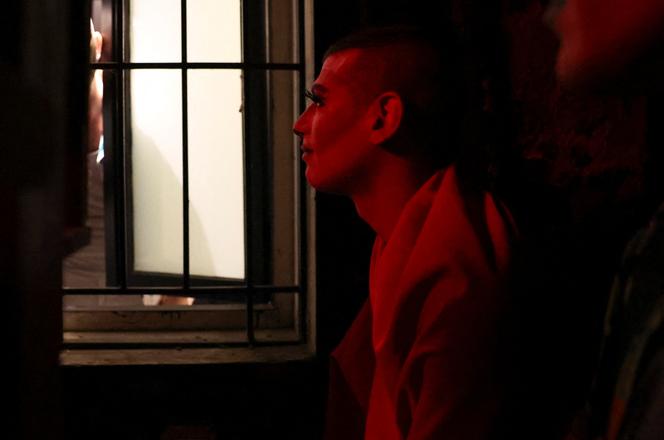


"To those who promote homosexuality, we say 'fear God!'", Sheik Naim Kassem, Hezbollah’s number two, said on Sunday, August 27. He called for "protecting [the] society from perversion" and a "Western cultural and educational project" aimed at destroying "values, principles and morals." Iran’s allied party took the lead this summer in a campaign against the LGBTQ+ community, going on the offensive against a bill to decriminalize homosexuality, even before it was made public. The bill abolishes Article 534, which provides for a sentence of up to one year’s imprisonment for anyone found guilty of "unnatural" relations.
The most virulent comments were made by Hezbollah leader Hassan Nasrallah in July. He claimed that, according to Islamic law, homosexuals "should be killed." Other politicians, both allies and opponents of the Shiite party, have rallied to this crusade: from minister of culture Mohammad Mortada, who is calling for journalists to use the term "sexual perversion" to refer to homosexuality, to former minister of justice Ashraf Rifi, who is calling for tougher anti-LGBTQ+ legislation. A ministerial meeting held at the Maronite Catholic Patriarchate ended with a communiqué calling for opposition to any "camouflaged discourse that contradicts religious and moral principles," an allusion to homosexuality.
This anti-gay rhetoric, welcomed with complacency by a large part of society, is fuelling fear within the LGBTQ+ community. The climate of hostility culminated in the attack, on Wednesday, August 23, on a bar hosting a drag show in the Mar Mikhael district, one of Beirut’s nightlife hotspots. The attack was carried out by men claiming to be members of the Soldiers of God, an extremist Christian group. The assailants, who were not arrested by the police who arrived on the scene, promised that the incident was just a "beginning."
This surge in intolerance is eroding Beirut’s reputation as a haven and place of activism for LGBTQ+ people in the Arab world. The regression began several years ago. In 2022, caretaker interior minister Bassam Moulawi ordered the police to ban alLGBTQ+BT gatherings.
For Bertho Makso, director of Proud Lebanon – an association that fights LGBTQ+ discrimination – "the attacks by politicians and clerics began as soon as they sensed that the bill we were working on to repeal article 534 was taking shape: There were in 2022 the diatribes of the Sunni mufti [who had proclaimed himself "against the legalization of homosexuality"] and Hezbollah’s campaign this year."
You have 50.75% of this article left to read. The rest is for subscribers only.
